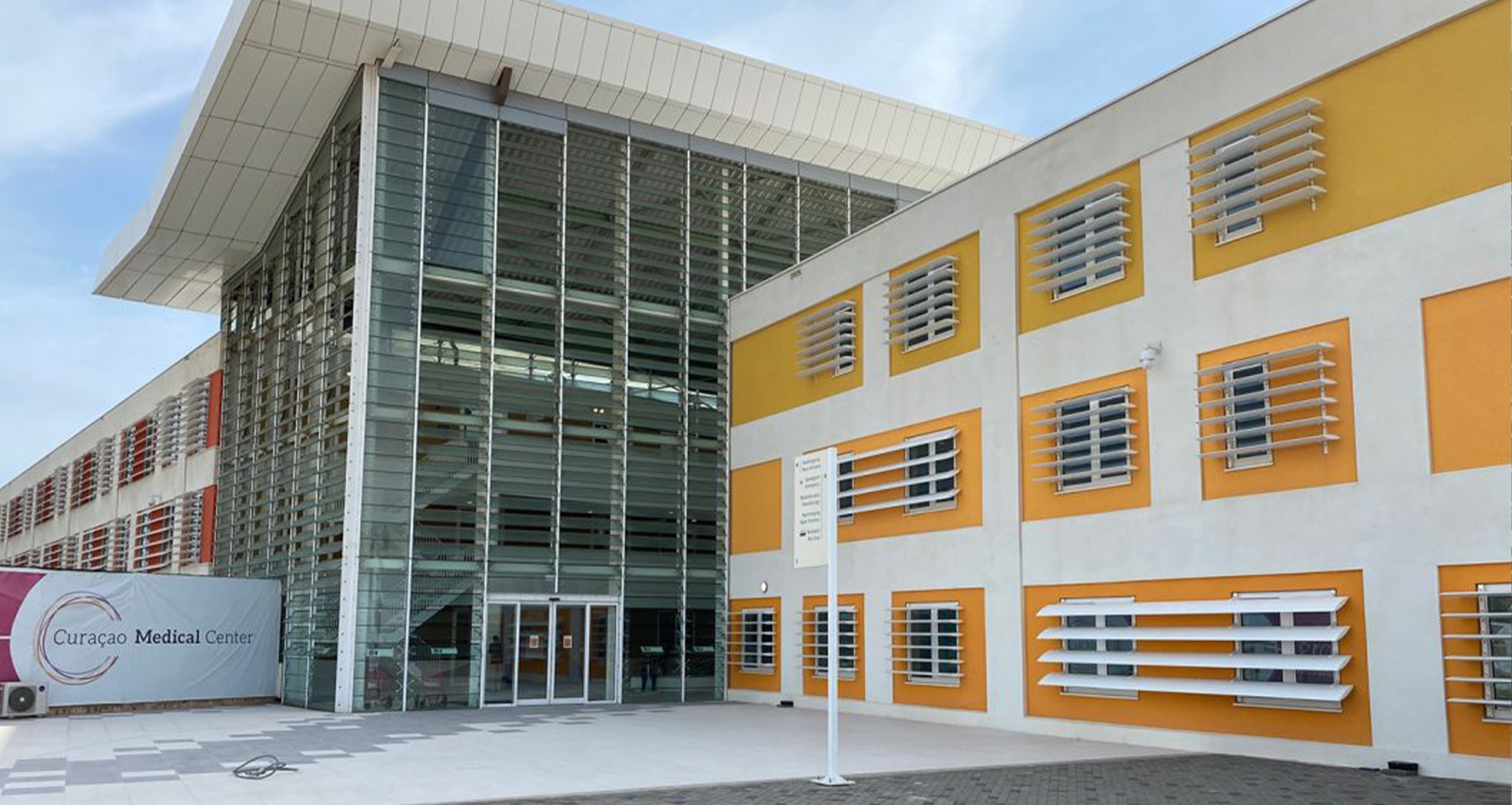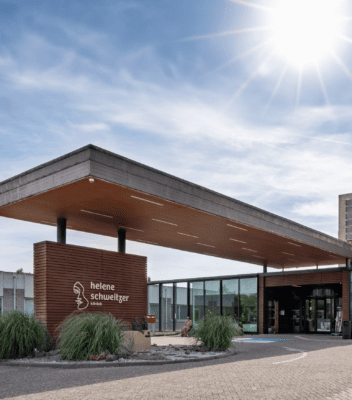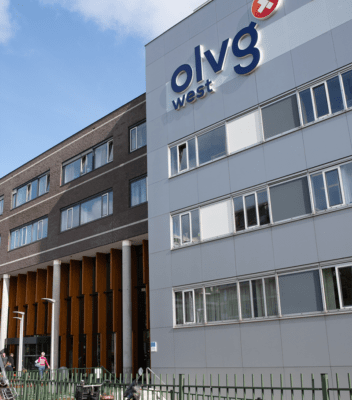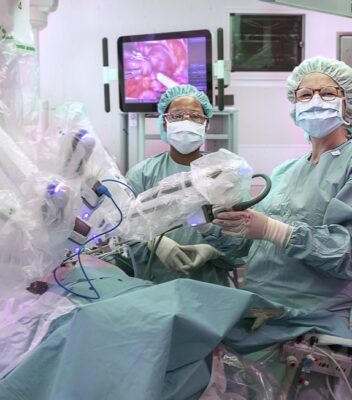
Every hospital registers patient care in an Electronic Health Record (EHR). Not only to support the care process surrounding a patient, but also to ultimately get the costs reimbursed. But an EHR only works optimally if it is properly set up and there are therefore no incorrect or incomplete registrations. The Curaçao Medical Center also experienced this. Because despite a brand new EHR system, care was not always registered correctly and that cost them money.
At the end of 2019, the Curaçao Medical Center switched to a Dutch EHR system. There were many challenges in the field of healthcare registration at the start. This came to light when drawing up the budget for 2021. The hospital switched to using the Notiz software. “A choice we are very happy with, because registration errors are quickly detected.”
A new hospital
It was a huge operation. In November 2019, the hospital, which was then called St. Elisabeth Hospital, moved to a new building in Otrobanda: the Curaçao Medical Center. The hospital (the only one in Curaçao with top clinical functions) had previously been located in a monumental building for more than 163 years. In order to raise healthcare to a higher level, the move to a more modern, adapted building was necessary.
With the move, the hospital also introduced working with a (Dutch) EHR system. “We used to register everything on paper,” says Anatefca Djaoen, general manager. “In this area too, it was time to implement digitalization and switch to modern technology. Moreover, with good care registration you know exactly what you have done,’ she continues. “The invoicing is correct and that contributes to a financially healthy organization.”
No more physical support
It was a hectic period. Employees had to get used to the building and the new way of working and registering. Djaoen says: “What employees found difficult, for example, is that there was nothing ‘physical’ anymore that reminds you of the registration obligation. In the old situation, forms were ready in a different color on every desk and department. Now there was no longer anything to hold on to.”
Particularly difficult was that the EHR system was based on the Dutch Diagnosis Treatment Combination (DTC)-system. On the island we do not work with DTCs, but with procedures. The insurance system also differs. Djaoen: “Ten percent of patients are privately insured and every insurance company has its own declaration rules. As a result, we have had to make many adjustments to the EHR.”
Inaccurate registration
The fact that registration did not always go well came to light in September 2020 when two consultants from Performation were in the hospital to draw up the budget for 2021. The conclusion was that the hospital was behind budget. After some research, it turned out that a lot of the provided care was not registered or was registered incorrectly. Or that regulations were not clear. Furthermore, the EHR was not set up correctly in all areas. For example, a nursing day for an adult could only be registered as a pediatric nursing day. Which makes a difference of hundreds of NAFs (Antillean guilders) per registered nursing days.

Djaoen says that incomplete or wrong registration came up more and more. “For example, a plaster consultation or an operation was registered, but no procedure, even though it had taken place. As a result, we fell behind on the budget.” The reverse also occurred. “A telephone consultation was introduced even though the doctor had been unable to reach the patient. The patient was subsequently overbilled. Very annoying, especially if they had to pay a deductible.”
Challenges in the registration process
The hospital was advised to use the registration improvement software Notiz, in addition to the EHR. That advice was followed and within a week the system was installed and demonstrated by consultants. The consultants also spoke to hospital employees and specialists to find out where the challenges lay in the registration process and what was perceived as difficult.
Djaoen is very satisfied with the software solution that is now in place and the results that have been achieved so far. She explains: “Notiz detects, among other things, under-registration and registrations that may be incorrect. For example, no outpatient consultation may be declared during an admission. If this does happen, Notiz will report this so that we can check whether the registration is lawful.”
Notiz is now widely used in the Curaçao Medical Center. Djaoen: “After a presentation, everyone managed to work with it and the support from Notiz consultants is experienced as pleasant. They have a lot of experience with hospitals and quickly notice where the bottleneck is. We now have weekly meetings about progress.” There is also room for improvement. Djaoen would like to see a connection between Notiz and the EHR, so that a process in Notiz is also opened in the EHRat the same time when employees click on it. “Now we still have to cut and paste from both systems. Performation has taken up that wish and is working on a solution.”
Benefits of registratrion of healthcare
The major errors have now been removed from the system and incorrect registrations have been corrected. The 2019 annual accounts will be completed soon. The hospital can get started with the 2020 annual accounts. After that, the entire care registration process must be properly in order so that employees not only have to mop less, but the tap is largely turned off.
The Curacao Medical Center now benefits from the benefits that good healthcare registration offers. “You can make analyzes of production data. You can see what is going on in the hospital, both financially and epidemiologically. This way you can easily check which procedures have been performed the most and least and how many and what type of patients have entered a particular department. With this information we can better tailor the capacity within the organisation to the demand for care.’




